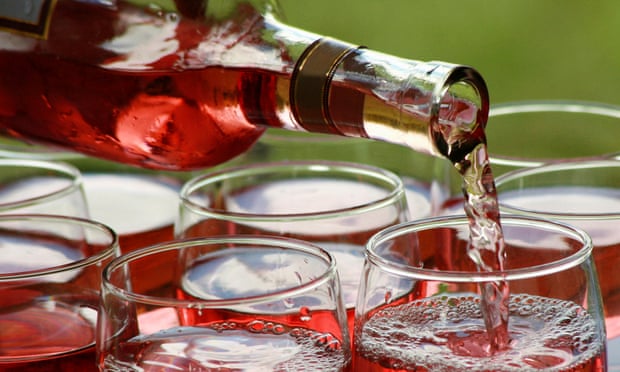
Enough with modern-day abstinence – it’s simply a desperate bid for self-control
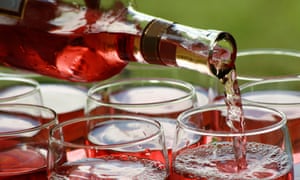
The dryness of January ended with overnight snowfall and, according to the app on my phone, the saving of 72 units of alcohol, £84 and 4,697 calories. The calendar shows I managed 29 drink-free days. One night is accounted for by a birthday party at which I drank three glasses of champagne and the hostess’s daughter surprisingly burst out of a cake. The night before, having an early-evening meal in an Italian restaurant, I became so exasperated by the boredom, the sheer even-keel of my days, their monotonous sameness of my mood, that I ordered an Aperol spritz and felt that familiar surge of temporary joy and satisfaction that I associate with the varied world of cocktails.
I’ve never given anything up for Lent. I’ve never even managed 24 hours of Yom Kippur fasting. I’m new to this world. I didn’t think there was a problem with my drinking. I assumed I was a moderate drinker – one or two units, three or four times a week, less if I’m not going out, more if I’m on holiday, when a glass of chilly white wine is the boundary between swimming pool and dinner table. I don’t go to pubs, I almost never drink at lunchtime, I don’t go on benders. It’s many years since I had a hangover and it would never have occurred to me to give up alcohol were it not for the relentless nagging of the Dry January campaign, promising me undreamed-of benefits: better sleep, more money, more energy, weight loss and – this was a new whammy – lowering one’s risk of cancer.
My hairdresser had done an alcohol-free October. He is a single, gay man living in London with an active, indeed glamorous, social life judging by his Instagram posts that feature weekend cocktails and glasses of in-flight champagne. Slowly, the dripping insinuations of Dry January seeped into my mind. Who would I be without alcohol? When I downloaded the Dry January app and entered the units I typically drank in a week, it confirmed what I’d always thought, that I was a moderate drinker.
Still, if moderation was quite good, what could be gained from total abstinence? What would it feel like to have a system uncontaminated by alcohol? Would this clean sheet of purification be a return to a long-forgotten, better, younger, healthier self?
Fairly quickly I confirmed that I don’t have an alcohol dependency. I didn’t miss drinking. I had no cravings for alcohol at all, it was incredibly easy and required no willpower. Most of the time, I wouldn’t have accepted a drink if offered one and I felt I could just coast on like this forever, never drinking again, virtue assured.
I was a natural at Dry January, it was easy-peasy. Every day, the money and calories I’d saved were clocked up on the app but, as the month went on, not a single one of the promised benefits was forthcoming. I didn’t, as promised, lose weight like 53% of participants because my sugar consumption went up to compensate for the missing alcohol sugars. My sleep was no better; it was much worse since I went to bed every night with a mind howling with anxiety about Brexit. I didn’t have more energy because it was too cold to go out and now the pavements are sheets of ice I’m definitely not going out.
The movement for moderation in all things has given way to exclusion zones
I didn’t miss alcohol itself – there was no “I’ve got to have a drink” sensation; what I missed was a sense of variety, that days could be different from one another: the light-headed fizzy joy of a glass of champagne; the deep, complex satisfaction of a good glass of red wine to accompany a meal; the drug-like high of tequila. That I couldn’t go to bed with an occasional brandy to lull me off to sleep. That at some point in the summer there would be no glass of chilled rosé in the garden. None of these felt essential to the pleasure, but an enhancement of it. I was bored to tears with everything feeling so one-note.
I have friends who, having started Dry January, have just kept on going and, years later, are still teetotal. Some have also pared down from their lives meat, sugar, gluten, carbs in an unceasing search for something else to give up. When I remarked that I’d found Dry January boring, a friend whose late partner was an alcoholic tersely remarked that everyone is different. Yes, there’s a limit to the excitement one can endure when living with an addict. Drinking is bad for some people. Some can’t open a bottle without finishing it and then going out for another. The drunkest I’ve ever been was an evening with a pair of literary lions who dined on two jugs of vodka and orange juice and a packet of Ryvita. I’ve a can of beer in my fridge dating back to the summer of 2015.
The movement for moderation in all things has given way to exclusion zones, to the virtuous circle of cutting out, amputating, becoming free from. Conflicting messages on whether a glass of red wine is good or bad for you leave us feeling that not drinking at all is the route to eternal life. This purge mentality is not new – it has its roots in fasting and hair shirts. Banishing harm or pleasure from our lives is a form of self-control when everything else is chaotic and not susceptible to individual influence. Moderation has been rebranded as middle of the road, a cop-out. Dry January is a panacea for the worried well, a form of hypochondria. Dry January told me what I already knew.
The Guardian

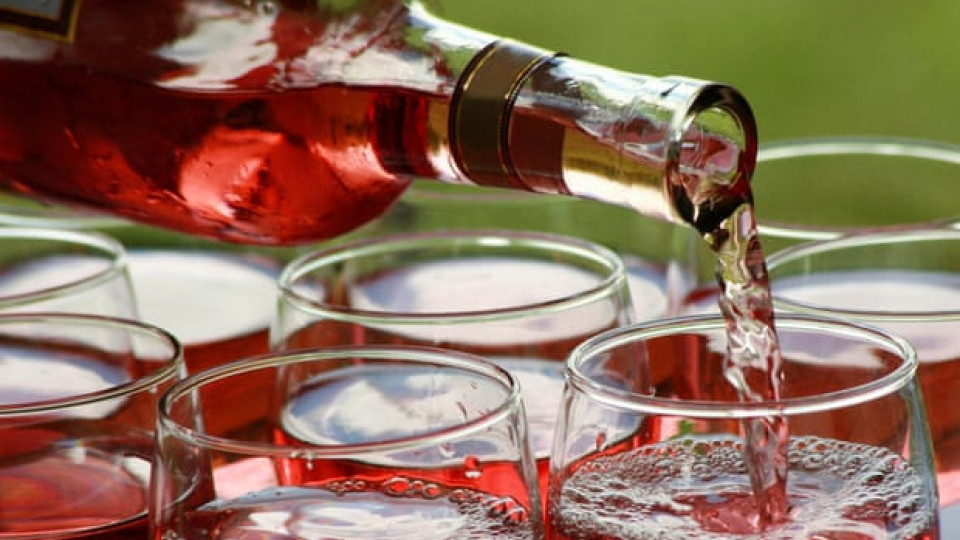

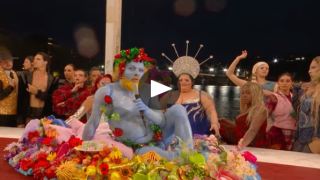


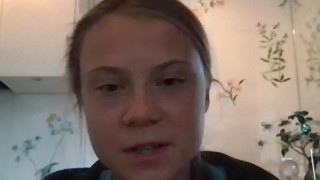




Leave a comment